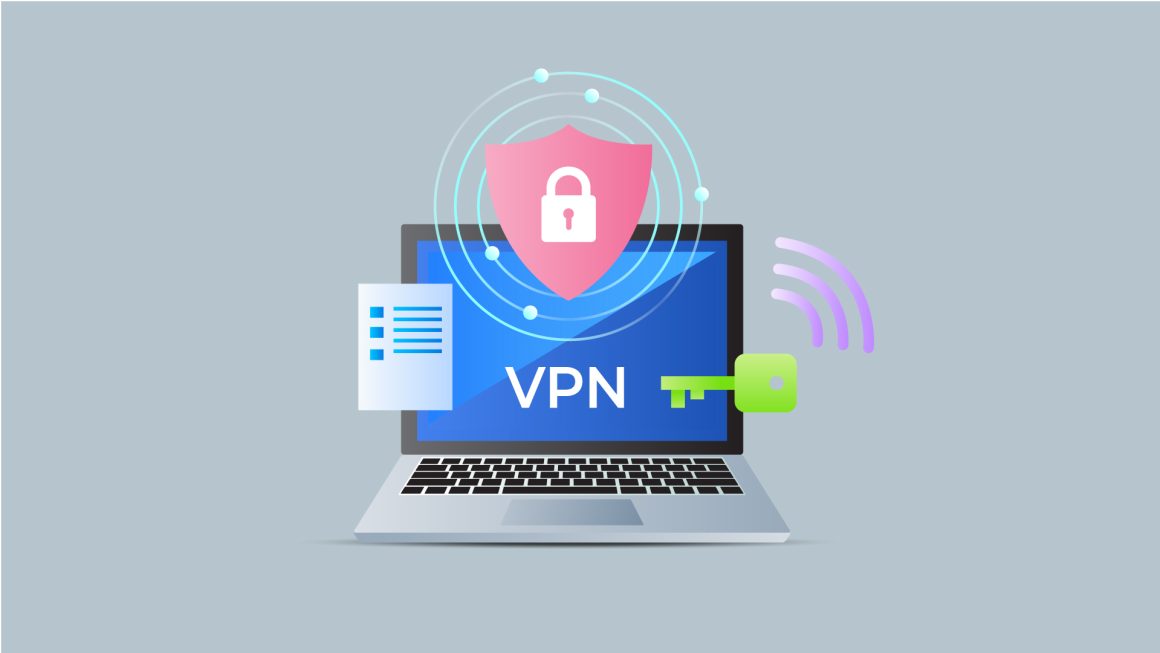The United States Constitution, in the second amendment, establishes that American citizens have the right to keep and bear arms. This review protects the citizen’s right to self-defense, and to defend their state and the United States of America. For the founders of the nation this perspective was vital to preserve freedom.
But today, public opinion is divided due to the increase in mass murders in public places with firearms. Until August 2019, 289 incidents of this type had occurred in the country so far this year. Between August 3 and 4 alone, 29 people were killed and 52 injured in two such events in less than 24 hours, in El Paso, Texas and Dayton, Ohio.
One sector aspires to stricter control over the sale, possession and use of weapons, and another antagonizes this point of view. Organizations like the National Rifle Association (NRA) defend the explicit right of the Constitution’s charter of fundamental rights, because strict control would leave citizens limited in self-defense. Even if the government turns against them.
And every time a mass shooting occurs in a public area, discussions of gun control come to the fore again.
Who sets the rules on firearms?
Although the US Constitution says that an American citizen can keep and bear arms, this is not an unlimited right.
The Bureau of Alcohol, Tobacco, Firearms and Explosives (ATF) is the government office that regulates who can ship, transport, receive and possess a firearm and ammunition.
To do so, it is governed by the National Firearms Act, which was revised in 1968 and established the Gun Control Act of 1968 (GCA).
What is the minimum age to buy a gun?
Federal law specifies, according to the GCA of 1968, that the minimum age for the purchase of long weapons such as a shotgun or a rifle is 18 years; and to acquire hand firearms it is 21 years.
However, state law also imposes its requirements and differences regarding the minimum age. For example, in Alaska, Maine, Minnesota, and Vermont, the minimum age to own and purchase a shotgun or rifle is 16.
Who can sell weapons?
If someone wants to be a gun dealer, they must obtain a federal firearms license, issued by the ATF. In addition, you must be over 21 years of age, undergo criminal history and mental status scrutiny, and own a place of business.
Online gun sales must also follow the same regulations, sometimes shipping them to a licensed seller for final delivery to the buyer. However, the law is not very clear when a private sale is made, since it is not considered a business.
Who cannot have or buy firearms?
It is prohibited to have and buy firearms in the following cases:
- People convicted of a crime that has involved imprisonment for more than one year.
- Law fugitives.
- Persons who illegally use or are addicted to any controlled drug.
- Those diagnosed with mental problems and who have been admitted to an institution for the mentally ill.
- An undocumented alien residing illegally.
- Someone who has been dishonorably discharged from the military.
- A person who has renounced citizenship of the United States.
- An individual who has a restraining order for harassment, or threatens their partner, or their partner’s children.
- People accused of domestic violence.
Is a criminal check necessary to get a gun?
Pursuant to federal law, criminal and background checks are required in order to purchase firearms. This is required by the Brady Handgun Violence Prevention Act of 1993.
Verification is done through the National Instant Criminal Background Check System (NICS). The process can be carried out by phone or internet and offers an almost immediate response.
But if a person makes a private sale of a gun and not through a licensed dealer, the Brady Act doesn’t explain what to do in those cases. So, the need for criminal history does not apply.
The information returned by this verification is protected and is not saved. Due to the Firearm Owners’ Protection Act of 1986, FOPA. This is a federal law that does not allow the national or state government to preserve personal information linking gun owners to their guns.
States and gun control
Although there are several federal laws that regulate the purchase and possession of weapons in the United States, the states also have their own. And federal law cannot eliminate them. This makes the regulation process less uniform.
For example, only:
- 8 states require a gun to be registered: California, Connecticut, Hawaii, Maryland, Michigan, New Jersey, New York, and Washington.
- 13 states require a permit to purchase a gun: California, Connecticut, Hawaii, Maryland, New Jersey, New York, Iowa, Massachusetts, Minnesota, Nebraska, North Carolina, North Dakota and Rhode Island.
- 5 states prohibit freely carrying a firearm in a public place: California, Florida, Illinois, South Carolina, New York, and the District of Columbia.



